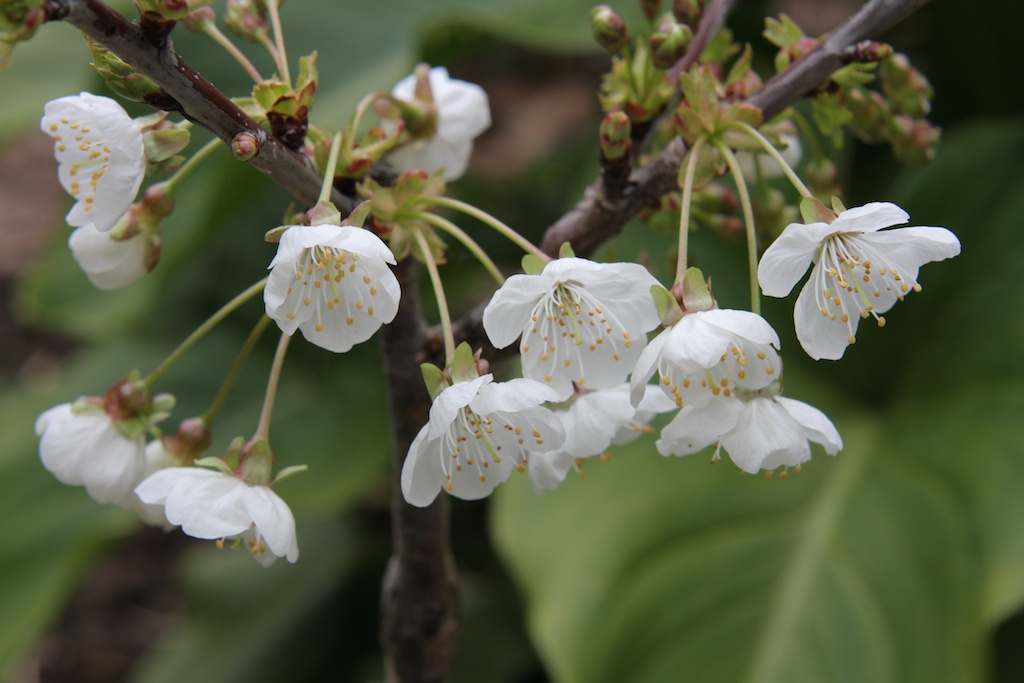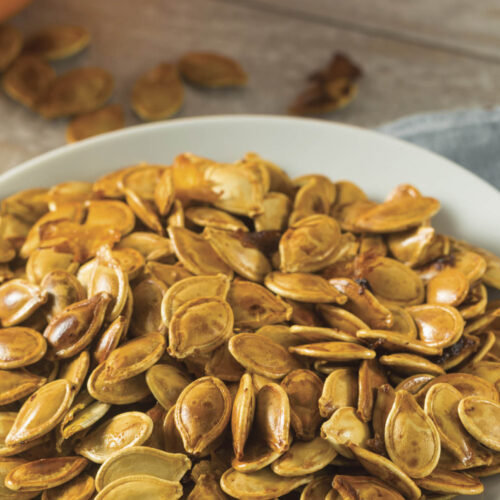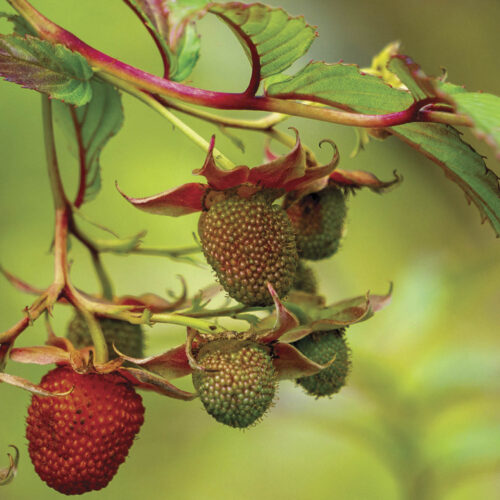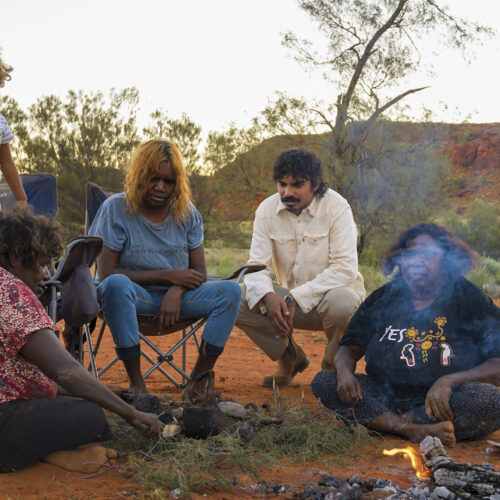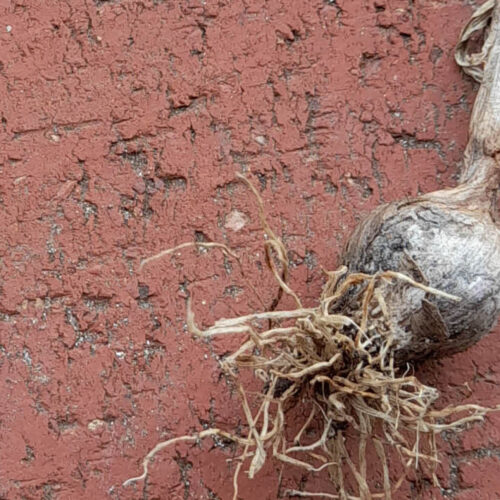Record warm days
2014-06-20T05:33:00+10:00
Are there strange things happening in your garden? asks PENNY WOODWARD
You have probably seen reports from NASA that May 2014 was the hottest May ever recorded. The Japanese Meteorological Agency suggests that March and April as well as May 2014 were the warmest on record. NASA’s preliminary data show that the average global temperature for May was 0.77 °C above the long term global average. As gardeners, my guess is that we could have told them all that something was seriously wrong weeks ago. I’ve always felt that gardeners, who work with the soil, know their crops and observe the interactions of plants, insects and other fauna, know when something is out of balance.
A few weeks ago my deciduous fruit trees still had leaves (the apples still do) and the buds on some like the nectarine and plums started to swell. A friend has reported that one of her cherry trees has actually burst into flower. Some of my roses have flowers too. My garlic is growing well but a few days ago I noticed that the tips of some were yellowing off. A closer inspection showed that a few had powdery mildew. Now this does happen sometimes in spring as the weather warms up and there’s a lot of moisture around. And it certainly affects my cucurbits in autumn, but it shouldn’t be happening to the garlic in the middle of winter! And then a caller to a talk back program I help out with, told us how she had cut back her asparagus ferns and spread manure and compost over the ground. She described it as bedding them down for winter. Much to her amazement she walked past the bed a few days ago and found that new asparagus spears were pushing through the soil a good two months or more early. I am sure there are many more examples out there of strange seasonal things occuring in gardens.
While we can despair at what is happening and the seemingly total lack of interest from our government, we can take a little comfort in the fact that as gardeners we are helping rather than making it worse. By creating compost, growing green manures, adding animal manures, creating bug friendly environments in our gardens as well as encouraging micro flora and fauna in our soils and growing our own food, we are helping the environment rather than making it worse.
(And by the way, I’ve managed to control the powdery mildew by using Eco-fungicide, a potassium bicarbonate spray that is certified organic and APVMA registered)

